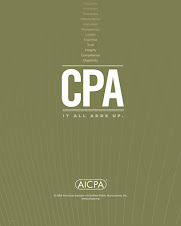Otteson writes that since 1800, America's population has increased 58-fold, its life expectancy has doubled, and our GDP per capita has increased almost 36-fold. "Such growth is unprecedented in the history of humankind," he notes. What explains it? "The main thing that changed between 200 years ago and the previous 100,000 years of human history was the introduction and embrace of so-called capitalist institutions — particularly, private property and markets." Yet, despite our progress and improved quality of life, some "remain suspicious of capitalism," declaring that it "fails to meet moral muster."
But capitalism is the most moral choice, especially compared to socialism or Marxism, Otteson writes. "Capitalism gives us incentives to trade and associate with people outside our local community," and "creates opportunities to share with — as well as learn from — people not only from next door but from around the world." In a free market, "even if we do not all get rich at the same rate, we all still get richer."
Capitalism attacks poverty, according to Otteson, and poverty "is a far larger factor in human misery than is inequality." Most importantly, "capitalism assumes that each of us is a free moral agent, capable of leading his own life ... not begging leave or permission before he acts, not subject to correction from his superiors: a citizen, not a subject." Otteson concludes that the free market system promotes what Adam Smith called the "obvious and simple system of natural liberty."
See the full article by clicking here




No comments:
Post a Comment